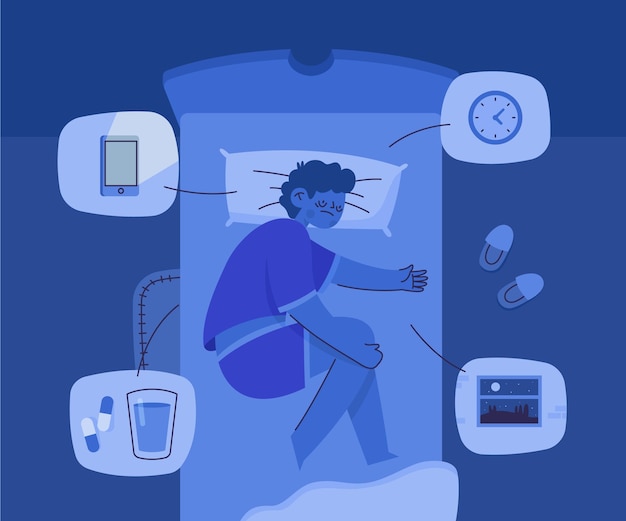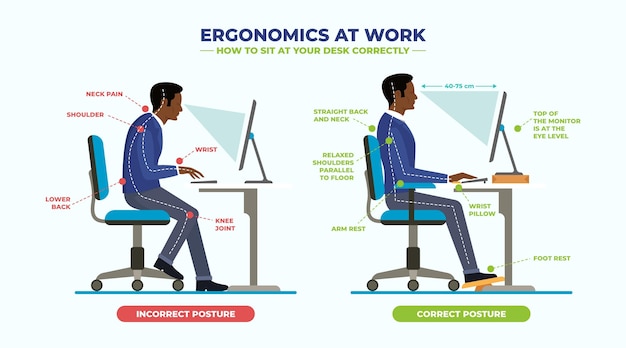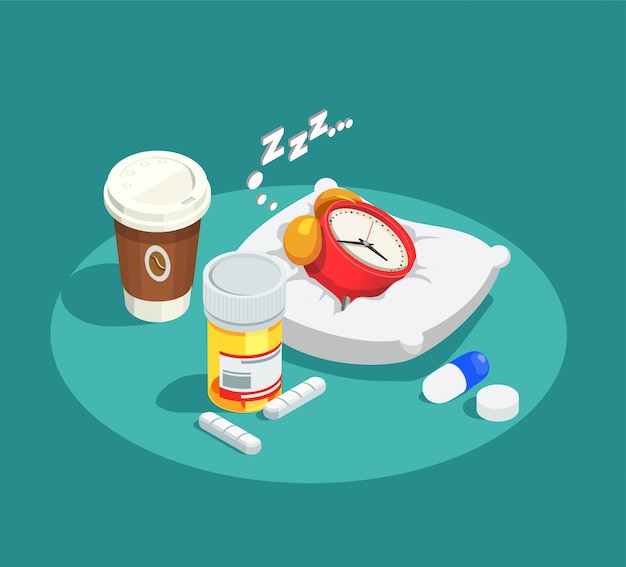In today’s fast-paced work environment, office workers often sacrifice rest in favor of productivity. Long hours, screen fatigue, and mental strain can take a toll on both physical and mental health. Yet, true performance doesn’t come from pushing harder—it comes from recovering smarter. This comprehensive recovery checklist is designed specifically for office professionals who want to optimize their energy, focus, and well-being through strategic sleep and recovery habits.
Recovery isn’t just for athletes. Cognitive fatigue from prolonged screen time, decision-making, and sedentary work patterns can lead to burnout, poor sleep, and reduced immunity. Prioritizing recovery helps regulate stress hormones, improves concentration, and enhances emotional resilience—critical assets in any professional setting.

Consistent, high-quality sleep is the foundation of recovery. Aim for 7–9 hours each night. Maintain a regular sleep schedule—even on weekends—to stabilize your body’s internal clock.
Awareness is the first step to improvement. Use a simple sleep journal or a wearable device to monitor:
Over time, this data reveals patterns—like how late meals or screen use affect your rest—so you can make informed adjustments.
Transitioning from work mode to rest mode is essential. Create a 30–60 minute pre-sleep ritual that signals your brain it’s time to relax:
Recovery doesn’t only happen at night. Integrate micro-recovery breaks throughout your workday:

Chronic stress disrupts sleep and impairs recovery. Incorporate mindfulness practices into your routine:
Nutrition plays a key role in how well you recover. Support your body with:
Building new habits takes consistency. Use these motivation strategies:
Recovery is not a luxury—it’s a necessity for sustained performance and long-term health. By integrating these practical steps into your daily routine, you’ll not only sleep better but also feel more focused, energized, and resilient at work. Start small, track your progress, and let each positive habit build momentum toward a healthier, more balanced professional life.
Remember: Rest is where true productivity begins.

Wellness

Wellness

Wellness

Wellness

Health

Health

Wellness

Wellness

Fitness

Wellness

Fitness

Wellness

Health

Fitness

Health

Health